Introduction
What Is Applied Chemistry? Applied chemistry is the branch of chemistry that works for the benefit of humans. Applied chemistry gives complete information about the chemical properties of the material. Moreover, we got many new materials due to applied chemistry. Applied chemistry is also helpful in answering specific questions. It is also effective in solving world problems.
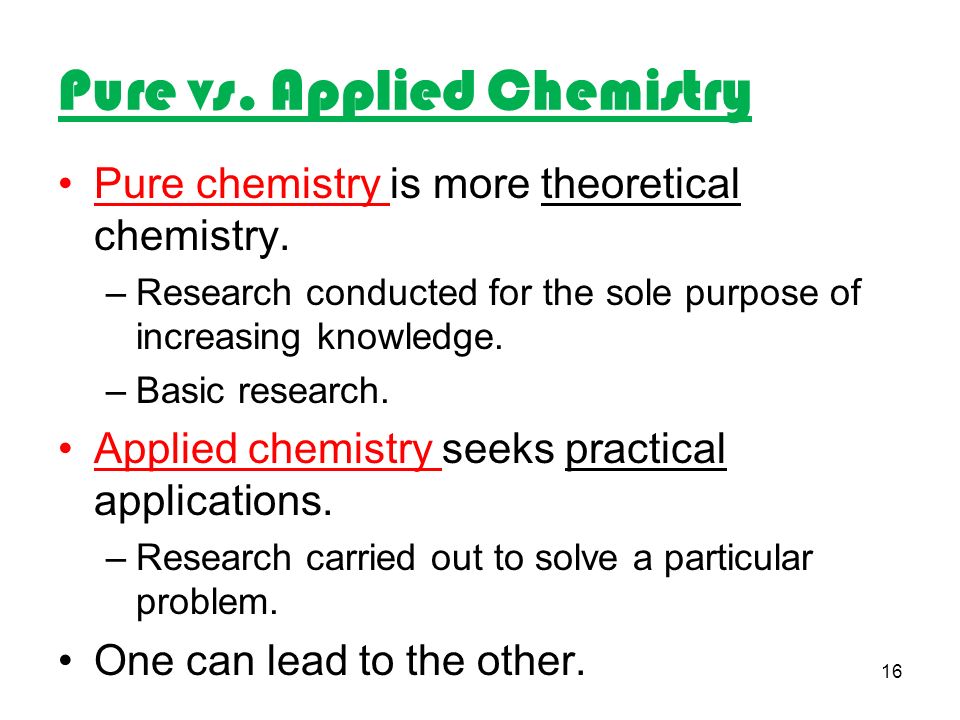
Detergents, batteries, catalysts, ink, textiles, and polymers are some examples of applied chemistry. Applied chemists manufacture pharmaceuticals and chemicals to improve daily lives. Applied chemists give comprehensive knowledge about drugs and polymers. Applied chemists also form detergents, batteries, catalysts, and ink. Applied chemistry has great importance in our daily lives. It also improves our living conditions. Moreover, applied chemistry also has advantages. It badly affects both our health and the environment.
Applied Chemistry
Applied chemistry is the branch of chemistry that plays a vital role in our lives. Applied chemistry forms many chemicals and pharmaceuticals to improve our living conditions. It is effective in answering specific questions and solving world problems. Applied chemistry is also helpful in manufacturing many new materials and improving the quality of previous ones. It also gives comprehensive knowledge about drugs and polymers.
Examples Of Applied Chemistry
- Detergents
- Batteries
- Ink
- Catalysts
- Polymers
- Textiles
These are some examples of applied chemistry. Applied chemists form these products and make our lives easier.
Applied Chemists
Applied chemists are those who perform experiments on behalf of applied chemistry. They provide comprehensive knowledge about drugs, polymers, and many other products. They also perform many reactions to know the chemical properties of materials. Applied chemists also form many valuable products. In this way, they are improving our living conditions.
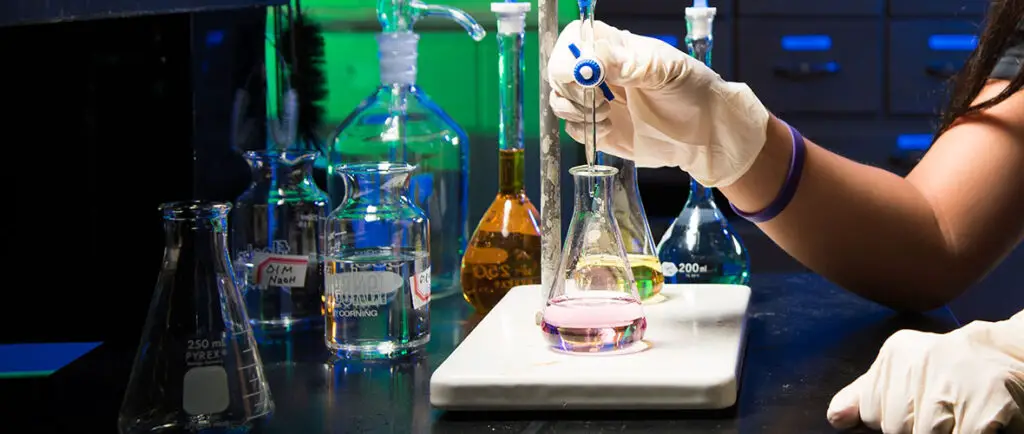
Importance Of Applied Chemistry
Applied chemistry is making our lives easier.
- Its laws and theories provide us with the answers to specific questions.
- Applied chemistry provides comprehensive knowledge of polymers, medications, and many other drugs.
- Applied chemistry is beneficial in forming materials like inks, polymers, drugs, textiles, batteries, catalysts, detergents, and many other materials.
- Applied chemistry is also improving the quality of previous materials.
- Applied chemistry tells us about the chemical properties of materials.
Examples Of Applied Chemistry
Applied Chemistry And Textile Industries
Applied chemistry has great importance in the textile industry. Smooth and better fabric in the textile industries is due to Applied Chemistry. Applied chemists have formed the compound with high molecular weight. These compounds are in the textiles before dying. These compounds make the clothes more smooth. Moreover, different chemicals form a protective covering on clothes to prevent stains. In his way, applied chemistry is improving the textile industry.
Related Topic=What is Applied Research in Chemistry?
Applied Chemistry And Batteries
Applied chemistry also has great importance in the formation of batteries. Battery manufacturers use Zinc, high-density manganese dioxide, and potassium hydroxide to form batteries. Batteries use chemical potential for proper working. In this way, applied chemistry plays a vital role in manufacturing batteries.

Detergents And Applied Chemistry
Sodium hydroxide and many other hydrophobic substances like fatty acids and other long-chain carbon groups are central things in the formation of detergents and soaps. These chemicals improve the quality of detergents and soaps. Chemistry is making further experiments to make detergents more effective. This way, applied chemistry also plays a vital role in manufacturing detergents and soaps.
Applied Chemistry And Formation Of Ink
Ink is made up of many organic and inorganic compounds. Applied chemistry has a leading role in the formation of ink.
Catalysts And Applied Chemistry
Catalysts make chemical reactions faster. Applied chemistry has great importance in the formation of catalysts.
Polymers And Applied Chemistry
Repetition of macromolecules forms polymers. Nylon, polyethylene, Teflon, epoxy, polyester, and plastic are examples of polymers. Applied chemistry has great importance in the formation of polymers. These polymers are used in our daily lives to make them more comfortable. Many chemical reactions occur in the manufacturing of polymers. In this way, applied chemistry proves of great importance in manufacturing polymers. These polymers make our lives easier. It is how applied chemistry is improving our lives day by day.
Petroleum And Applied Chemistry
Petroleum companies are using applied chemistry to produce better-quality petroleum. Petroleum companies are using applied chemistry to make petroleum that is less harmful to the environment.
Applied Chemistry And World-Problems
Applied chemistry helps solve world problems and answer specific questions. Applied chemistry provides us with comprehensive knowledge of materials to know the facts behind all happenings. Applied chemists also answer our questions related to chemistry or matters. Applied chemistry also helps us in understanding the chemical properties of any substance.
Harms Of Applied Chemistry
Everything has both positive and negative aspects. Like all things, applied chemistry has some disadvantages. However, the disadvantages of applied chemistry are less than its advantages. Here are some disadvantages of applied chemistry. Many chemicals can cause the following damage to human health.
- Cancer.
- Organ damage.
- Weakening of the immune system.
- Development of asthma or allergies
- Reproductive problems
- Side effects on mental and physical development of children.
Negative Impact Of Applied Chemistry on the Environment
Applied chemistry also harms our environment. Many chemicals badly pollute our environment.
- Air pollution
- Water pollution
- Soil contamination
- Emission of greenhouse gas.
- Depletion of natural resources.
These are the negative aspects of applied chemistry in our environment.
FAQs
How is applied chemistry helpful for us?
Applied chemistry is helpful in the formation of many new products. Moreover, it also solves world problems and answers specific questions.
Does applied chemistry have disadvantages?
Applied chemistry harms both our health and the environment. Chemicals pollute the environment and also damage our health. Harmful chemicals may also lead to dangerous and incurable diseases like cancer.
How has applied chemistry played a vital role in the textile industry?
Applied chemistry has great importance in the textile industry. Smoother and better fabric in the textile industries is due to Applied Chemistry. Some chemical compounds are in the textiles before dying. These compounds make the clothes more smooth. Moreover, different chemicals form a protective covering on clothes to prevent stains.
Conclusion
What Is Applied Chemistry? Applied chemistry plays a vital role in improving our lives. Applied chemistry forms many chemicals and pharmaceuticals to improve our living conditions. It is effective in answering specific questions and solving world problems. Applied chemistry also creates many new materials and enhances the quality of previous ones. It also gives comprehensive knowledge about drugs and polymers.

Hello Everyone!! This is Sonia Inam. I am Chemist, have Done Masters in Chemical Sciences (along with ADS). I Basically Majored in all the Chemical Sciences. I Have worked as a Research Chemist on the “Structure and Bonding in Metal” Project. Hopefully, I Can be of some help to People on the Forum.
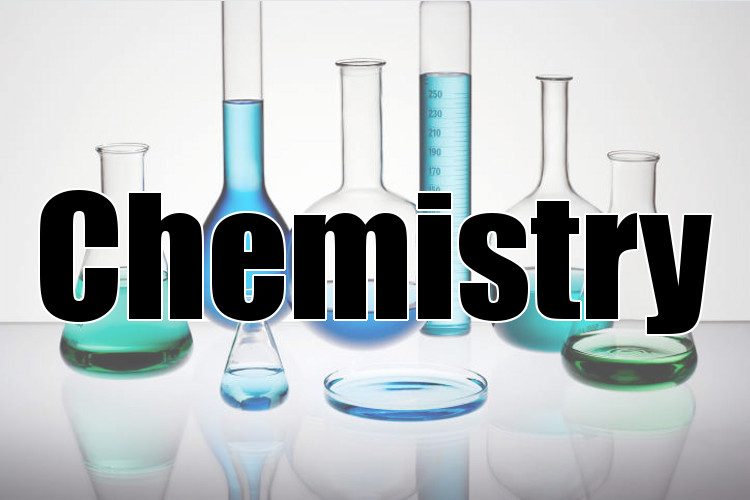
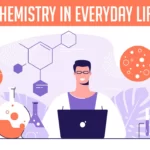

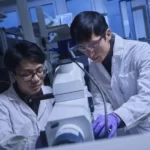



Your ability to convey complex ideas in such a simple way is truly a gift. Thank you for this great post!
exercitationem odit cupiditate natus et et earum libero occaecati. ea consectetur non labore ut consequuntur. et quaerat nulla ex saepe quia repellendus. eaque repellat qui exercitationem fugiat ea es